On December 8, Reuters quoted its own sources as saying that Syrian President Bashar al-Assad had left Damascus for an undisclosed location. Meanwhile, rebels were advancing rapidly into the center of Damascus without encountering any resistance from the Syrian army.
Reuters quoted witnesses as saying that thousands of people were pouring into the central square of Damascus in response to news that President Bashar al-Assad's government was gradually collapsing.
Syrian Prime Minister Mohammad al-Jalali said he was "ready to cooperate with any leader chosen by the people", Al Jazeera reported.
“I call on everyone to think rationally and think about the country,” said Mohammad al-Jalali.
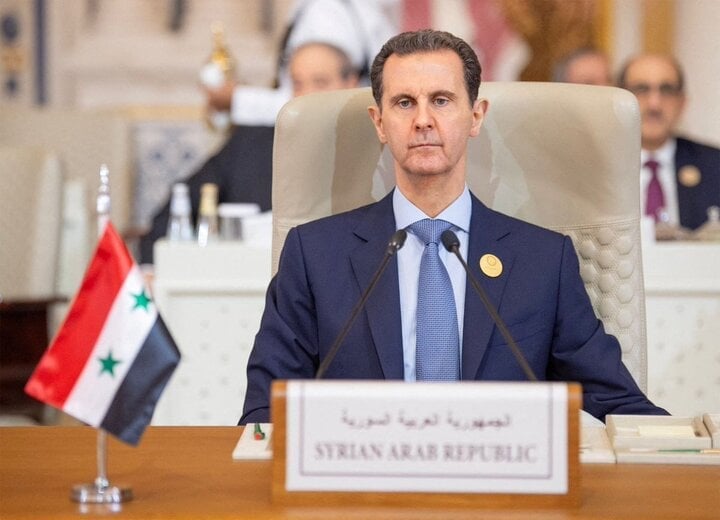
Syrian President Bashar al-Assad. (Photo: CNN)
Earlier, the Syrian Presidential Office denied information that President Bashar al-Assad had left the capital Damascus before the rebel attack.
The statement condemned "rumors and false information" and added that President Assad " is still carrying out his national and constitutional duties and tasks in the capital ".
The Syrian Defense Ministry also denied reports that its troops had withdrawn from the suburbs of the capital Damascus.
Meanwhile, Syrian rebels said they had captured the Sednaya military prison on the outskirts of the city and taken control of state media headquarters in Damascus on the morning of December 8.
“We are trying to take control of radio and television stations in Damascus to broadcast the victory announcement,” a Reuters source said.
In a statement on the morning of December 8, the head of the main Syrian opposition living in exile abroad, Hadi al-Bahra Syria, said that Mr. Bashar al-Assad is no longer in Syria.
In the southwestern countryside of Damascus, local rebel forces took advantage of the government army's retreat to take control of several towns.
Syrian rebels also claimed full control of the city of Homs early on December 8 after just one day of fighting. The area controlled by President Bashar al-Assad's regime has been shrinking as rebels advance towards central Damascus.
The fall of Homs gives rebels control of strategic parts of Syria and a key highway junction, cutting off the route from Damascus to the coast where Russia has naval and air bases.
Since launching their offensive last week, the rebel group Hay'et Tahrir al-Sham (HTS) and its allies have taken control of Aleppo, the country's second-largest city, and Hama, the fourth-largest. This is the first time the Assad regime has lost Aleppo and Hama since the beginning of the civil war.
The Syrian Defense Ministry denied reports that troops had withdrawn from positions near Damascus. However, videos on social media showed army units retreating toward Damascus from the suburbs.
The developments in Syria have surprised Arab countries and raised concerns about a new wave of instability in the region. Western countries believe that the Syrian army is in a difficult situation, unable to stop the rebels and forced to continuously retreat.
The foreign ministers of Russia, Iran and Türkiye met today in the Qatari capital Doha to discuss the situation in Syria. The UN special envoy to Syria, Geir Pedersen, called for restraint from all sides.
Source: https://vtcnews.vn/quan-noi-day-tuyen-bo-tien-vao-thu-do-tong-thong-syria-nghi-roi-damascus-ar912208.html


![[Photo] Readers line up to visit the photo exhibition and receive a special publication commemorating the 135th birthday of President Ho Chi Minh at Nhan Dan Newspaper](https://vphoto.vietnam.vn/thumb/1200x675/vietnam/resource/IMAGE/2025/5/17/85b3197fc6bd43e6a9ee4db15101005b)




![[Photo] Nearly 3,000 students moved by stories about soldiers](https://vphoto.vietnam.vn/thumb/1200x675/vietnam/resource/IMAGE/2025/5/17/21da57c8241e42438b423eaa37215e0e)



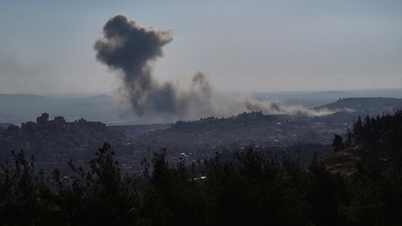
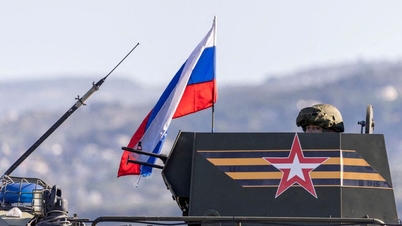
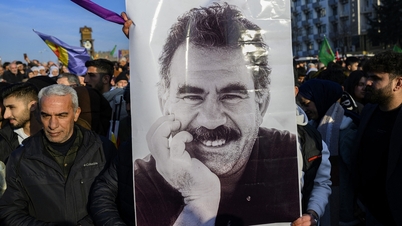



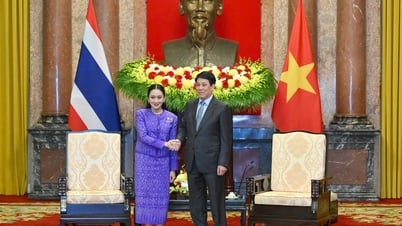



































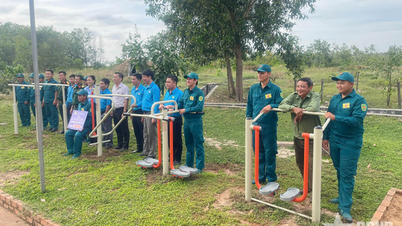













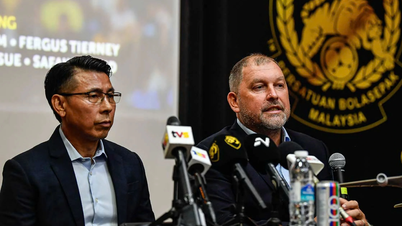


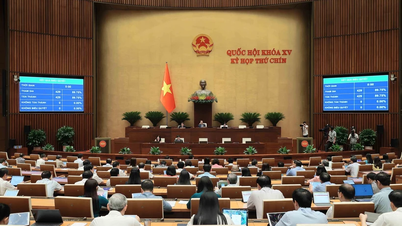









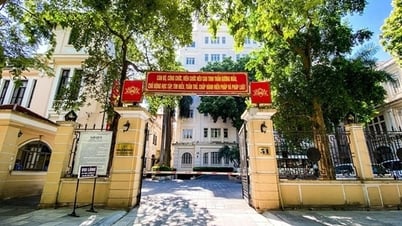








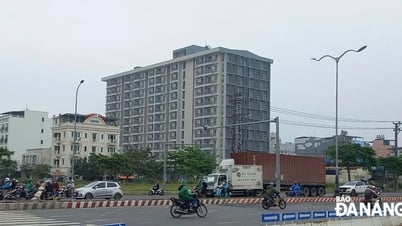












Comment (0)